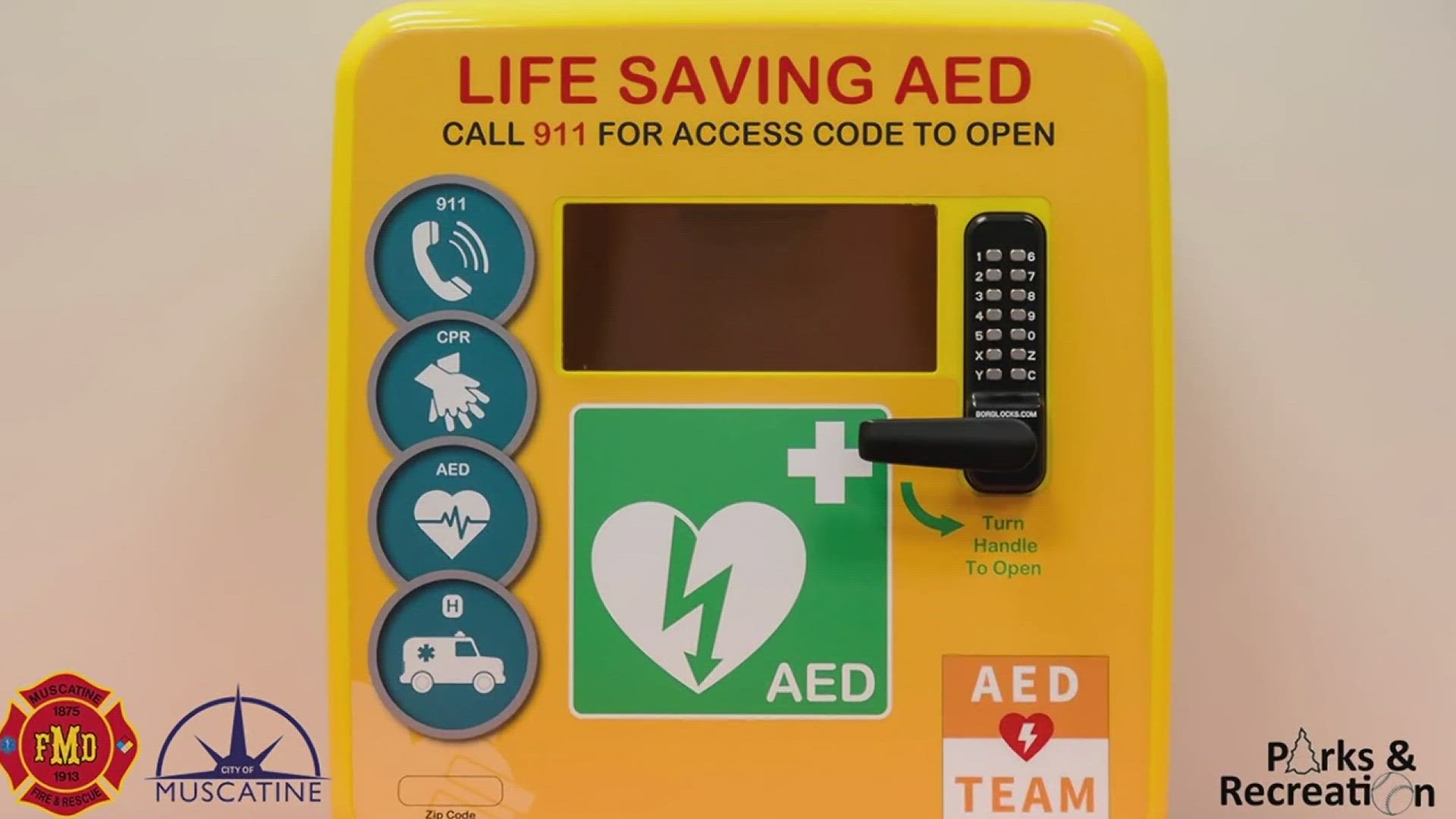If you made more than $100,000 in recent years but didn't file your returns or pay what you owe, the IRS may be knocking on your door.
The agency says it has hired more revenue officers who will increase face-to-face visits with higher-income taxpayers who haven't filed their returns through 2018.
The IRS says it's about sharing information and working with taxpayers to solve the problem of delinquent payments.
"Taxpayers having delinquent filing or payment obligations should consult a competent tax advisor before waiting to be contacted by an IRS revenue officer," read a statement from Paul Mamo, Director of Collection Operations, Small Business/Self Employed Division. "It is always worthwhile to take advantage of various methods of getting back into filing or payment compliance before being personally contacted by the IRS."
This year's deadline to file is April 15. Taxpayers can file a six-month extension, but taxes owed are still due April 15. The IRS says paying on time, even if you can't pay it all, can help cut down on additional fines or more serious actions.
The IRS says the job of the revenue officer is to resolve why returns are missing or taxes haven't been paid. It's statement makes no mention about arresting anyone.
Because there have been repeated warnings over the years of scams involving people claiming to be official police or federal agents, the IRS wants to make it clear that this is not a scam.
The IRS says, generally, taxpayers will first be contacted by mail numerous times. That way, the taxpayer should know they have an issue that needs to be dealt with. At some point, the revenue officer will show up -- possibly unannounced -- and provide two forms of identification. Both of these include a serial number and a photo of the employee. Taxpayers have a right to see both of these.
The IRS says the employee will not make threats nor demand an unusual form of payment. But, the officer will explain the liability and consequences of failing to comply with filing and paying their taxes. If someone has an outstanding debt, the officer will request payment but will also provide other ways to pay.



